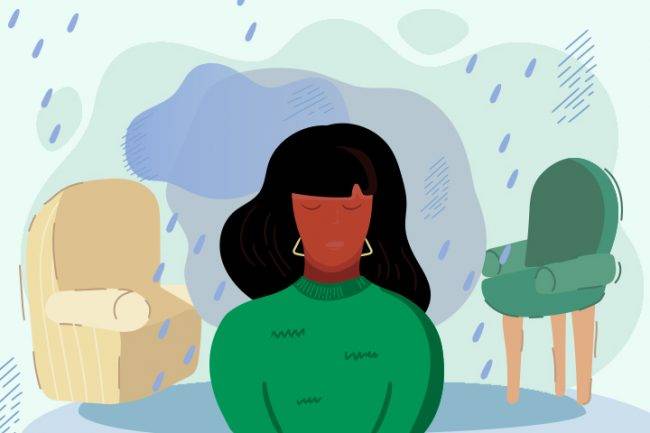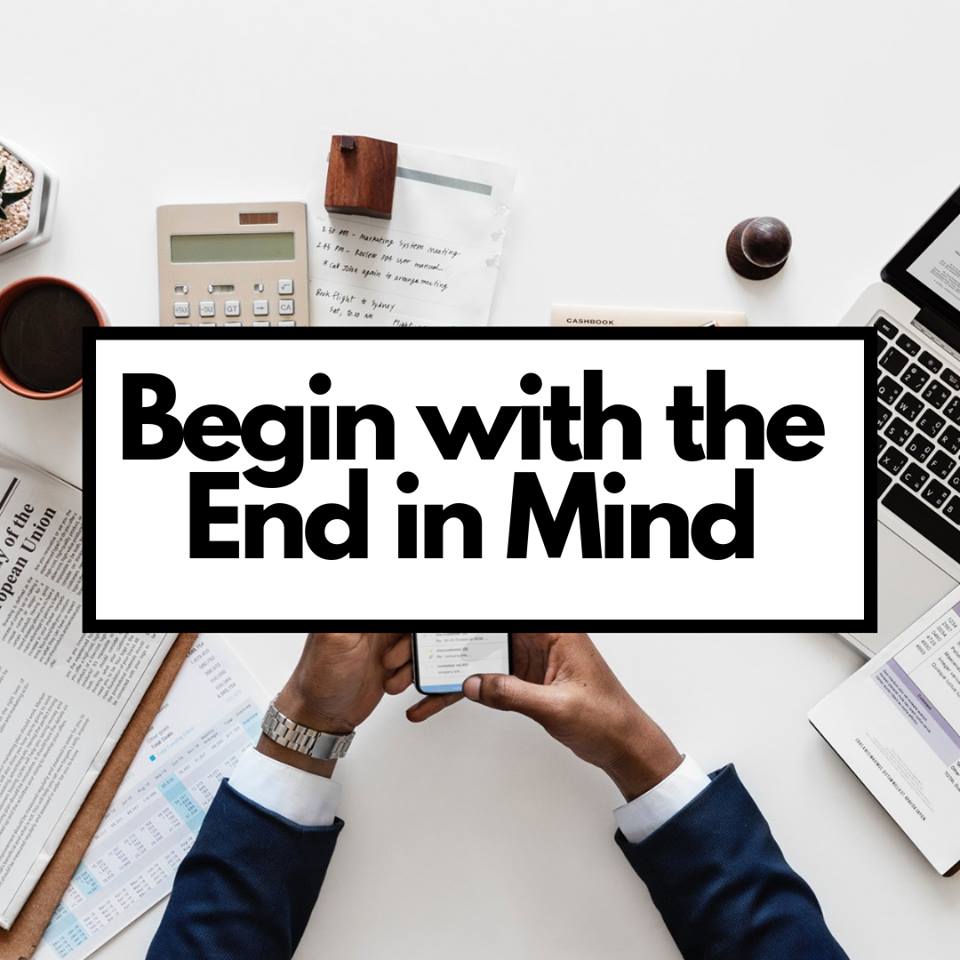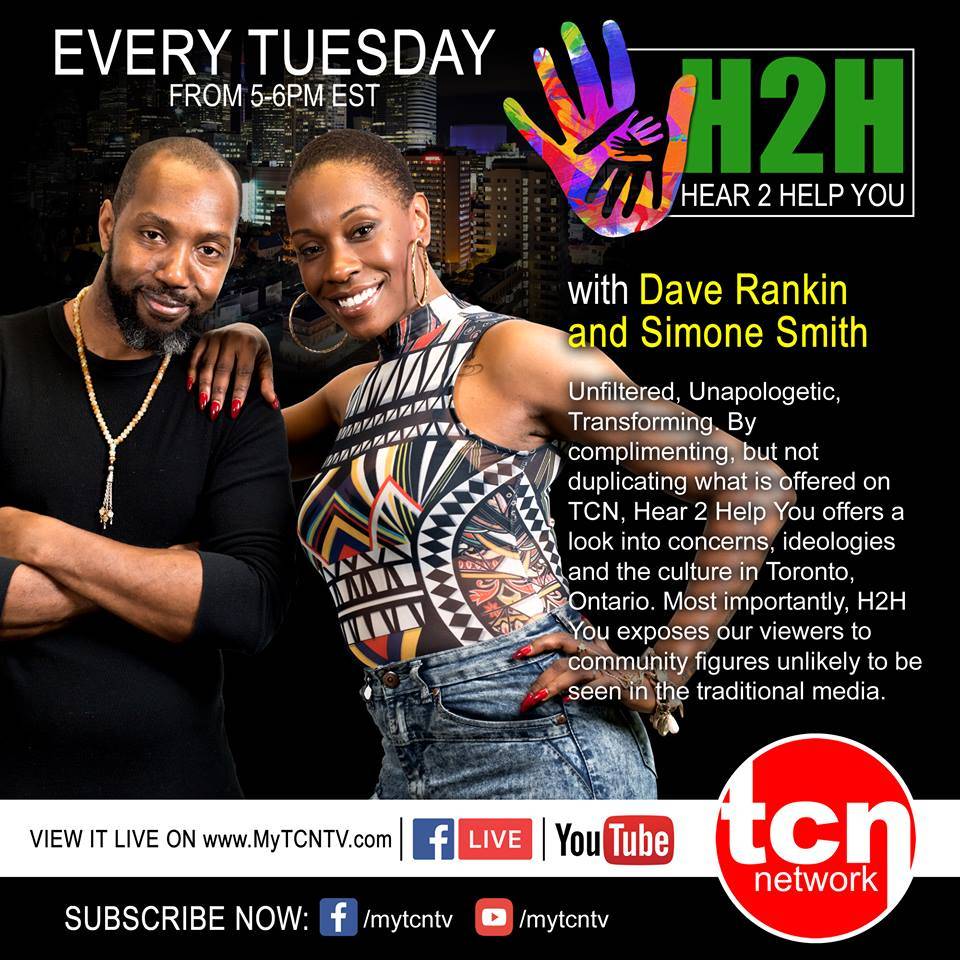
Understanding the Black Community’s Resistance to Mental Health
- Blog Updates, Hear 2 Help You, Standard Blog
- black community, mental health, mental health month
- May 27, 2019
The Importance of Culture in Psychology, Can I talk to you?
It’s our aim to bring to light, the silent hindrances that Caribbeans/Africans have when dealing with their mental health issues, and what we can do as mental health professionals to better handle these hindrances, and address the elephants in the room.
That’s why today’s show is important. We are going to be looking at psychology, and psychotherapy from two perspectives: the Caribbean/African perspective, and a mainstream Psychologist or Psychotherapist Perspective.
We understand that today’s show is very heavy on content that’s why we provided a transcript below for your reading.
As always, we would love to hear from you. Please feel free to leave us your comments.
[wonderplugin_video iframe=”https://youtu.be/h8uqgGzPeTw?t=143″ lightbox=0 lightboxsize=1 lightboxwidth=960 lightboxheight=540 autoopen=0 autoopendelay=0 autoclose=0 lightboxtitle=”” lightboxgroup=”” lightboxshownavigation=0 showimage=”” lightboxoptions=”” videowidth=600 videoheight=400 keepaspectratio=1 autoplay=0 loop=0 videocss=”position:relative;display:block;background-color:#000;overflow:hidden;max-width:100%;margin:0 auto;” playbutton=”https://hear-2-help.com/wp-content/plugins/wonderplugin-video-embed/engine/playvideo-64-64-0.png”]
Importance of Multicultural Competence
Multicultural Psychology is as an extension of general psychology that recognizes that multiple aspects of identity influence a person’s worldview, including race, ethnicity, language, sexual orientation, gender, age, disability, class status, education, religious or spiritual orientation, and other cultural dimensions.
Both universal and culture-specific phenomena should be taken into consideration when psychologists are helping clients, training students, advocating for social change and justice, and conducting research.
It is also known as the 4th Force in mainstream psychology, The three previous major forces setting the direction of applied psychology have been psychoanalytic, behavioral, and humanistic (S. Freud, B, F. Skinner, and A. Maslow, respectively.)
Lack of multicultural competence can hinder psychotherapy.
The APA has made multicultural competence one of the required areas of competency for clinical practice.
Who is the APA?
The American Psychological Association is the largest scientific and professional organization of psychologists in the United States, with over 118,000 members including scientists, educators, clinicians, consultants, and students. The headquarters is located in Washington DC.
Although the APA has made multicultural competence one of the required areas of competency for clinical practice, the reality is that we are human beings, and we have our biases. And of course, these biases can be problematic.
Multicultural Competencies
Self-Awareness – Actively becoming aware of one’s own values, biases, & assumptions
(Discuss how this works both ways, and how hindrance from our community exists, White Privilege)
Understanding – Understanding the client’s world views, attitudes & beliefs
Cultural-Sensitive Skills – Developing appropriate interventions
As psychotherapists you have to take in the persons beliefs, attitudes, knowledge, and skills. (Sue, Arredondo,& McDavis, 1992)
It is important to understand how much culture influences all aspects of our behaviour:
Perception – How we see life
Cognition – How we think about life
Behaviour – How we act in our Waking Life
Culture is broader than race and ethnicity (Ex: White Jamaicans, Chinese Jamaicans)
Cultural identity is an important aspect of one’s self concept. Some Caucasians may (some here will say “DO”) feel superior to other races, and some do this without any awareness of it. Caucasians may not be aware of their own privilege. Their belief in meritocracy and denial of racism are related to such a lack of awareness. Ethnocentrism and unintentional racism can impede progress in counseling. (Ancis & Szymanski, 2001)
Statistics provided by the APA
- In 2015, 86 percent of psychologists in the U.S. workforce were white, 5 percent were Asian, 5 percent were Hispanic, 4 percent were black/African-American and 1 percent were multiracial or from other racial/ethnic groups.
- This is less diverse than the U.S. population as a whole, which is 62 percent white and 38 percent racial/ethnic minority.
- The health service psychology workforce was 88 percent white and 12 percent racial/ethnic minorities, and the academic workforce was 81 percent white and 19 percent racial/ethnic minorities.
Issues Surrounding Finding a Psychologist, Psychotherapist, or Mental Health Professional
There’s a larger problem of racism not being understood as a traumatic experience.
Stigma and stereotypes follow people who pursue psychotherapy in the first place, and the added weight of being a POC (people of colour) contributes to the difficulty.
For some, conversations around depression, anxiety or abuse don’t happen in the households, and the thought of telling a stranger can seem overwhelming.
There is also a severe lack of trust in our community. Some POC also fear that if they tell someone in their community their most personal traumas, it may somehow get back to their family members or friends.
There are mountains of barriers for POC to find therapists of colour.
Sometimes it’s about location; people who live in predominantly white Canadian cities have an especially hard time.
Others have a hard time accessing therapists or paying for it.
Sometimes there are language barriers for immigrants who don’t speak English as their first language, so it can even be difficult to describe what you’re going through in your mother tongue.
Lack of Cultural Awareness Can Hinder Counseling Effectiveness
Mainstream psychology believes in the universality of their empirical findings and clinical practices. Such beliefs reflect as lack of awareness of indigenous cultural values and practices (Christopher et al.2014).
Micro-Aggression
Brief and commonplace daily verbal, behavioural, or environmental indignities, whether intentional or unintentional, that communicates hostile, derogatory, or negative racial slights and insults toward people who are culturally different then us.
Micro-aggression can happen in daily interactions and counseling sessions
Let’s Look at Micro-Agression
Color Blindness
Statements that indicate that a White person does not want to acknowledge race:
“When I look at you, I don’t see color.”
“Canada is a melting pot.”
“There is only one race, the human race.”
Denying a person of color’s racial / ethnic experiences.
Assimilate / acculturate to the dominant culture.
Denying the individual as a racial / cultural being.
Denial of Individual Racism
A statement made when Whites deny their racial biases:
“I’m not a racist. I have several Black friends.”
“As a woman, I know what you go through as a racial minority.”
I am immune to races because I have friends of color.
Your racial oppression is no different than my gender oppression.
I can’t be a racist. I’m like you.
Environmental Micro Aggressions
Macro-level micro aggressions, which are more apparent on systemic and environmental levels
A college or university with buildings that are all names after White heterosexual upper class males Television shows and movies that feature predominantly White people, without representation of people of color
Overcrowding of public schools in communities of color Overabundance of liquor stores in communities of color.
You don’t belong / You won’t succeed here.
There is only so far you can go. You are an outsider / You don’t exist.
People of color don’t / shouldn’t value education.
People of color are deviant.
Professional training needs to more broadly reflect people’s lived experiences, beyond white culture. People don’t need the person that they are talking too, to have the same experience, just the willingness to recognize their lived experience, their culture, and their heritage — both the good, the bad, and the grey.”
APA Guidelines on Multicultural Practice
Psychologists are encouraged to recognize that, as cultural beings, they may hold attitudes and beliefs that can detrimentally influence their perceptions of and interactions with individuals who are ethically and racially different form themselves.
Psychologists are encouraged to recognize the importance of multicultural sensitivity/responsiveness, knowledge, and understanding about ethically and racially different individuals.
Strategies to Develop Multicultural Competency Skills
“Unpack” your invisible & unacknowledged areas of privilege
Identify your and your clients cultural identity development stages
Develop cultural empathy (take the perspective of the other)
Develop cross cultural/intercultural communication skills
Acknowledge language, spirituality, racism, oppression & discrimination as important variables for many culturally diverse clients


